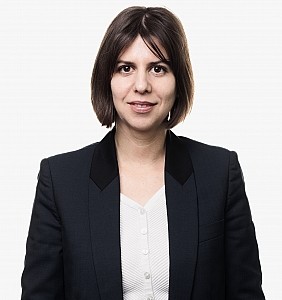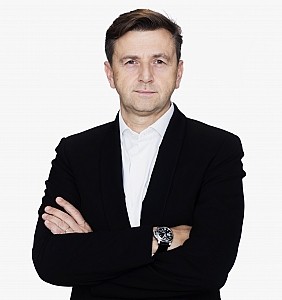A patent protects an invention of a technical product or process. Patents are a territorial right and provide a temporary monopoly for technical inventions. The holder of a patent can prohibit others from imitating, selling or importing that invention. A patent is thus an exclusive right to an invention allowing one to prohibit anyone else from applying the invention commercially.
In order to qualify for patent protection, the technical invention must comply with specific conditions. Your invention must be novelBefore the filing date of the patent application, the product or process must not have been disclosed anywhere in the world, not even through the action of the inventor himself (e.g. through a company brochure or a presentation at a trade fair). Until the application is filed, the invention must therefore be treated as strictly confidential. at the date of filing of the patent application and must also be inventiveYour invention should not be obvious to an expert in your field (the so-called ‘skilled person in the art’).Before the filing date of the patent application, the product or process must not have been disclosed anywhere in the world, not even through the action of the inventor himself (e.g. through a company brochure or a presentation at a trade fair). Until the application is filed, the invention must therefore be treated as strictly confidential.. In addition, your invention must be industrially applicableThe invention must concern a product or production process which can be technically demonstrated to work.Your invention should not be obvious to an expert in your field (the so-called ‘skilled person in the art’).Before the filing date of the patent application, the product or process must not have been disclosed anywhere in the world, not even through the action of the inventor himself (e.g. through a company brochure or a presentation at a trade fair). Until the application is filed, the invention must therefore be treated as strictly confidential..
brantsandpatents will help you determine whether your invention is eligible for patent protectionThe invention must concern a product or production process which can be technically demonstrated to work.Your invention should not be obvious to an expert in your field (the so-called ‘skilled person in the art’).Before the filing date of the patent application, the product or process must not have been disclosed anywhere in the world, not even through the action of the inventor himself (e.g. through a company brochure or a presentation at a trade fair). Until the application is filed, the invention must therefore be treated as strictly confidential.. For this purpose, our office has its own developed tools and high-performance commercial databases that allow us to provide you with tailor-made advice.
Make an appointment without obligation with one of our experts from the patent department and call us on +32 (0) 9 230 83 38, or send an email to info@brantsandpatents.comThe invention must concern a product or production process which can be technically demonstrated to work.Your invention should not be obvious to an expert in your field (the so-called ‘skilled person in the art’).Before the filing date of the patent application, the product or process must not have been disclosed anywhere in the world, not even through the action of the inventor himself (e.g. through a company brochure or a presentation at a trade fair). Until the application is filed, the invention must therefore be treated as strictly confidential..




